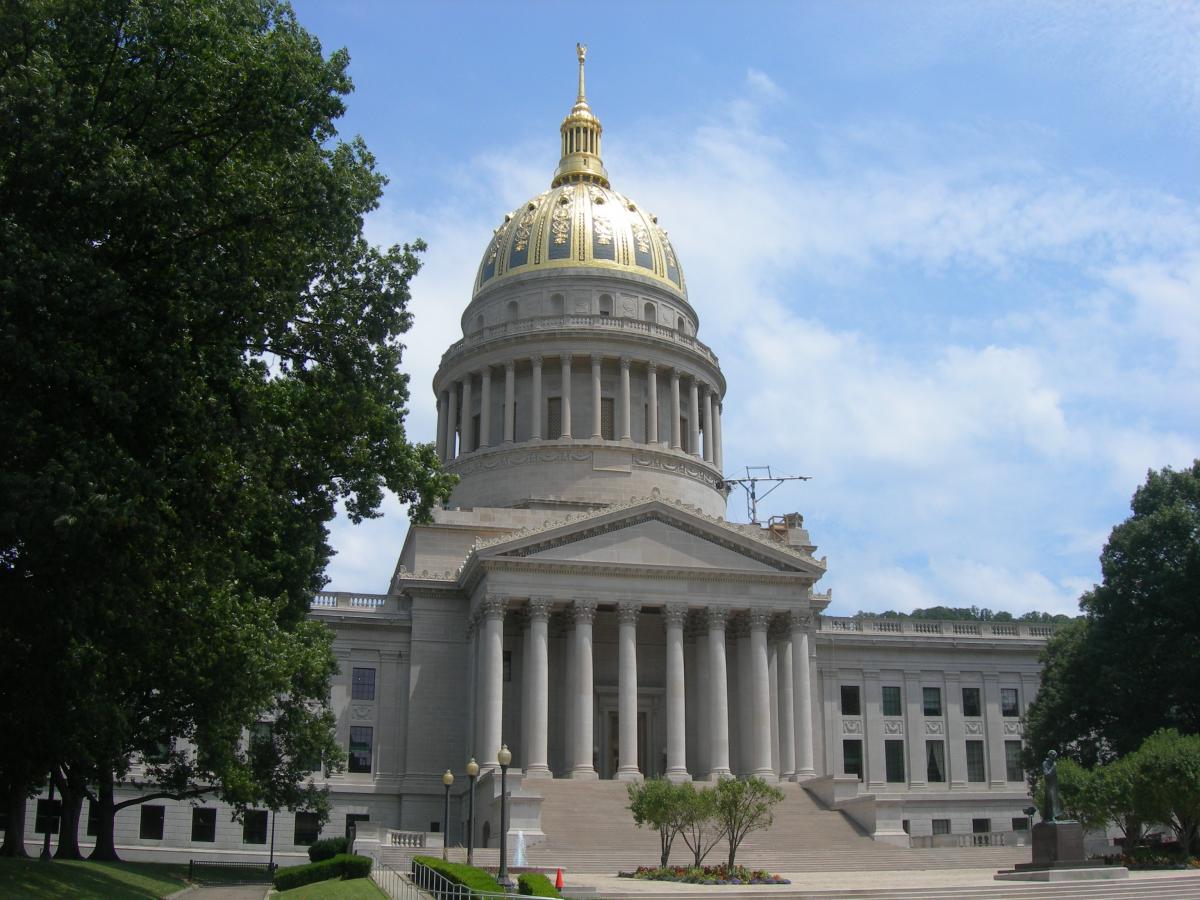Yesterday, Josh Rosenau warned about a state board of education hearing in West Virginia, and our hopes that the board would reverse a series of climate change-distorting revisions added late last month.
It was standing room only at the meeting today as folks lined up to speak in front of the board.
So what happened at the meeting? A victory for science education! The board voted to revert to the original climate change standards! But the work is not done. The decision is open to 30 days of public comment—so the people of WV better start commenting!
The vote corrects a series of troublesome changes to the Next Generation Science Standards (NGSS). The Charleston Gazette reported these changes on December 28, quoting board member Wade Linger:
“There was a question in there that said: ‘Ask questions to clarify evidence of the factors that have caused the rise in global temperatures over the past century,” Linger said. “... If you have that as a standard, then that presupposes that global temperatures have risen over the past century, and, of course, there’s debate about that.”
Linger suggested adding the words “and fall” after “rise” to the sixth-grade science standard. The change was adopted.
The Gazette listed these other changes:
Original ninth grade science requirement: “Analyze geoscience data and the results from global climate models to make an evidence-based forecast of the current rate of global or regional climate change and associated future impacts to Earth systems.”
Adopted version: “Analyze geoscience data and the predictions made by computer climate models to assess their creditability [sic] for predicting future impacts on the Earth System.”
Original high school elective Environmental Science requirement: “Debate climate changes as it [sic] relates to greenhouse gases, human changes in atmospheric concentrations of greenhouse gases, and relevant laws and treaties.”
Adopted version: “Debate climate changes as it relates to natural forces such as Milankovitch cycles, greenhouse gases, human changes in atmospheric concentrations of greenhouse gases, and relevant laws and treaties.”
The changes didn’t reflect the science. So why were they made?
Apparently two board members made the decision to make the edits themselves. State school board member Tom Campbell told the Gazette, “West Virginia coal in particular has been taking on unfair negativity from certain groups.” He also noted the coal industry provides much money to the state’s education system.
Meanwhile Linger told The New York Times that “he had come to his conclusions about warming after doing research on the Internet and comparing data from satellites, weather balloons and ground sensors over time.”
The Internet, eh? Yikes!
What hope did science have against the power of “Dr. Google” and Big Coal? The WV Science Teachers Association stood strong, clearly perturbed at not having been consulted on these changes.They put out a petition and issued a statement:
“The science was compromised by these modifications to the standards, specifically by casting doubt on the credibility of the evidence-based climate models and misrepresentation of trends in science when analyzing graphs dealing with temperature changes over time.”
At the hearing today, a petition signed by 83 West Virginia University faculty members was delivered, asking the board to adopt the NGSS without these changes. And an NCSE member delivered a petition organized by our friends at Climate Parents, calling for the same corrections. When the board called a vote, only 2 of the 9 voting members of the board voted to preserve the climate change denial.
It turns out, when students, teachers and community members step up to protect the integrity of science education, there’s good cause for hope.
But what does this mean for science education and NGSS across the country? It shows that science teachers can’t be pushed around by politicians looking to insert their personal opinions into the science classroom. It shows that teachers are willing to stand up for science and their students, and to call politicians on the carpet for trying to mutilate science standards.
If this kind of response can happen in West Virginia, it can happen anywhere. The people of this great state did not only justice for their own students by standing up for science; they did a service for the entire country.


